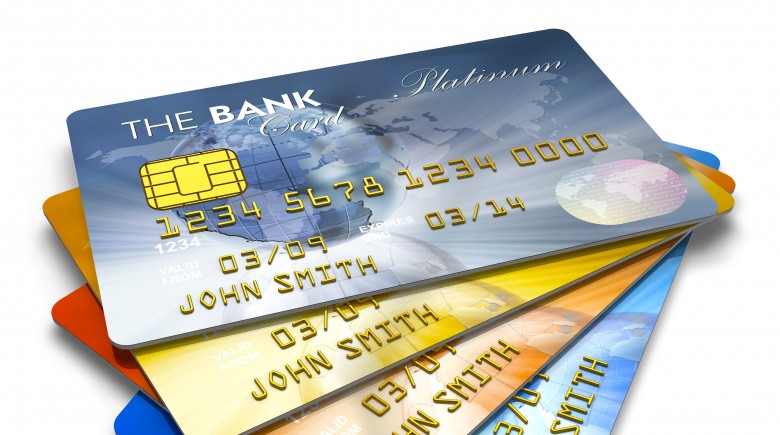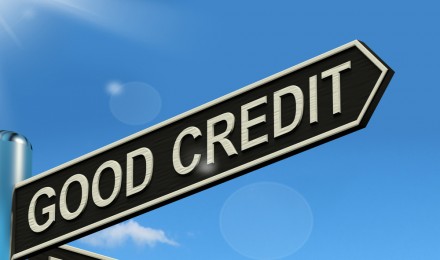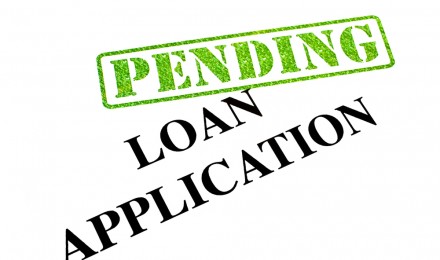You may not know much about secured credit cards, which are credit cards that require a security deposit and typically don’t involve a traditional check.
Ads and commercials for these cards aren’t shown as often as those for unsecured credit cards. And if you receive an offer for a secured credit card in the mail, you probably don’t have the best credit history.
These reasons and more have lead to secured credit cards getting a bad rep, and some people won’t touch them with a ten-foot pole. But despite the negative remarks and stigma, these cards can be a useful tool. For the next couple of minutes set aside everything you’ve heard about secured credit cards. Here is the truth behind three common myths.
Myth #1: Secured credit cards are only for people with bad credit.
These are not “bad credit” credit cards per se. It’s true that people with low credit scores gravitate to secured credit cards because they’re easier to get with bad credit. However, these cards are available to anyone regardless of credit level.
Take for example a parent who’s thinking of getting a credit card for a teenager. The parent may think twice about putting an American Express or other unsecured card in the young adult’s hand. However, he may like the idea of a secured credit card. This parent may have excellent credit, thus able to qualify for a secured credit card. Yet, he may prefer the safety net of a secured credit card, especially since he can deposit as little as $250 on the card and receive a low, manageable credit limit for his teen.
In yet another scenario, someone with no credit history may be looking to get his first account, but can’t get approved because he doesn’t have a credit score. A secured credit card can get his foot in the door, helping him to establish credit and build a FICO score.
Myth #2: You don’t have a monthly payment.
Not to be confused with prepaid debit cards, secured credit cards are actual credit cards. And like any other credit card, you will receive a monthly statement, and you are required to make minimum monthly payments.
The security deposit is just that – a deposit. It’s not a prepayment for future purchases, but rather collateral for the credit card. The credit limit for a secured credit card is determined by the security deposit. For example, if you give the bank a $500 deposit, you can expect a secured credit card with a $500 limit.
Myth #3: Secured credit cards have high interest rates.
There are secured credit cards with very high rates, but there are also plenty of decent deals around. Because these aren’t prime credit cards, some cardholders get hit with high rates, processing fees and applications fees. But with a little comparison shopping, you can weed out the costly cards and apply for a secured credit card with a competitive rate, such as the First Progress Platinum Prestige Secured MasterCard at 11.99% APR, or the USAA Secured Platinum Card at 9.90% APR.
You may not know much about secured credit cards, which are credit cards that require a security deposit and typically don’t involve a traditional check.
Ads and commercials for these cards aren’t shown as often as those for unsecured credit cards. And if you receive an offer for a secured credit card in the mail, you probably don’t have the best credit history.
These reasons and more have lead to secured credit cards getting a bad rep, and some people won’t touch them with a ten-foot pole. But despite the negative remarks and stigma, these cards can be a useful tool. For the next couple of minutes set aside everything you’ve heard about secured credit cards. Here is the truth behind three common myths.
Myth #1: Secured credit cards are only for people with bad credit.
These are not “bad credit” credit cards per se. It’s true that people with low credit scores gravitate to secured credit cards because they’re easier to get with bad credit. However, these cards are available to anyone regardless of credit level.
Take for example a parent who’s thinking of getting a credit card for a teenager. The parent may think twice about putting an American Express or other unsecured card in the young adult’s hand. However, he may like the idea of a secured credit card. This parent may have excellent credit, thus able to qualify for a secured credit card. Yet, he may prefer the safety net of a secured credit card, especially since he can deposit as little as $250 on the card and receive a low, manageable credit limit for his teen.
In yet another scenario, someone with no credit history may be looking to get his first account, but can’t get approved because he doesn’t have a credit score. A secured credit card can get his foot in the door, helping him to establish credit and build a FICO score.
Myth #2: You don’t have a monthly payment.
Not to be confused with prepaid debit cards, secured credit cards are actual credit cards. And like any other credit card, you will receive a monthly statement, and you are required to make minimum monthly payments.
The security deposit is just that – a deposit. It’s not a prepayment for future purchases, but rather collateral for the credit card. The credit limit for a secured credit card is determined by the security deposit. For example, if you give the bank a $500 deposit, you can expect a secured credit card with a $500 limit.
Myth #3: Secured credit cards have high interest rates.
There are secured credit cards with very high rates, but there are also plenty of decent deals around. Because these aren’t prime credit cards, some cardholders get hit with high rates, processing fees and applications fees. But with a little comparison shopping, you can weed out the costly cards and apply for a secured credit card with a competitive rate, such as the First Progress Platinum Prestige Secured MasterCard at 11.99% APR, or the USAA Secured Platinum Card at 9.90% APR.






